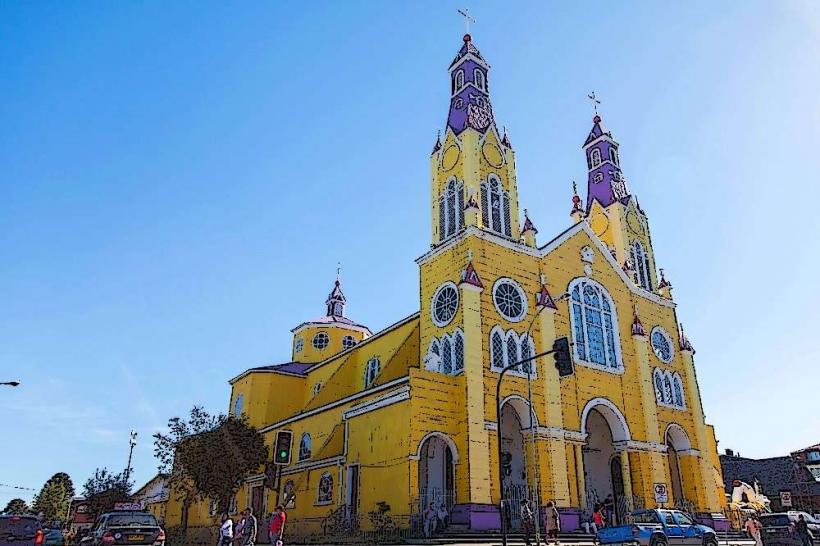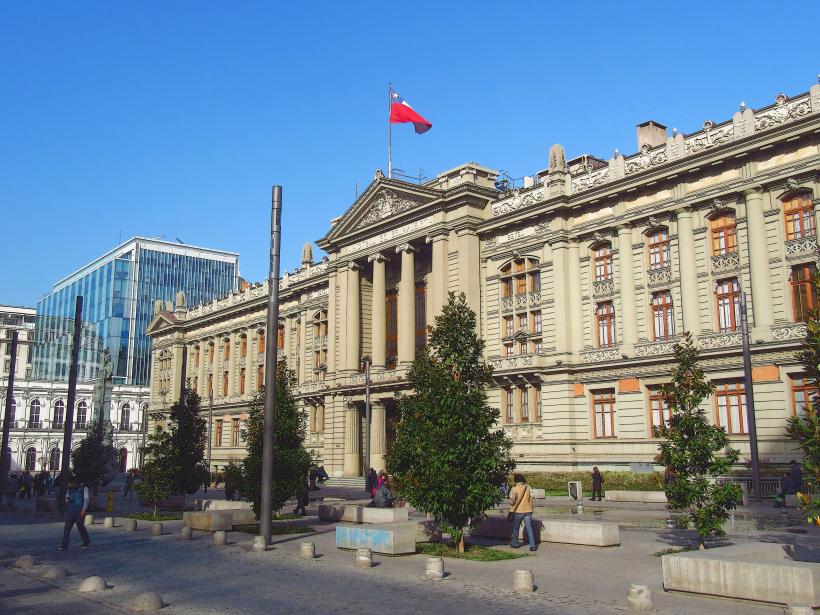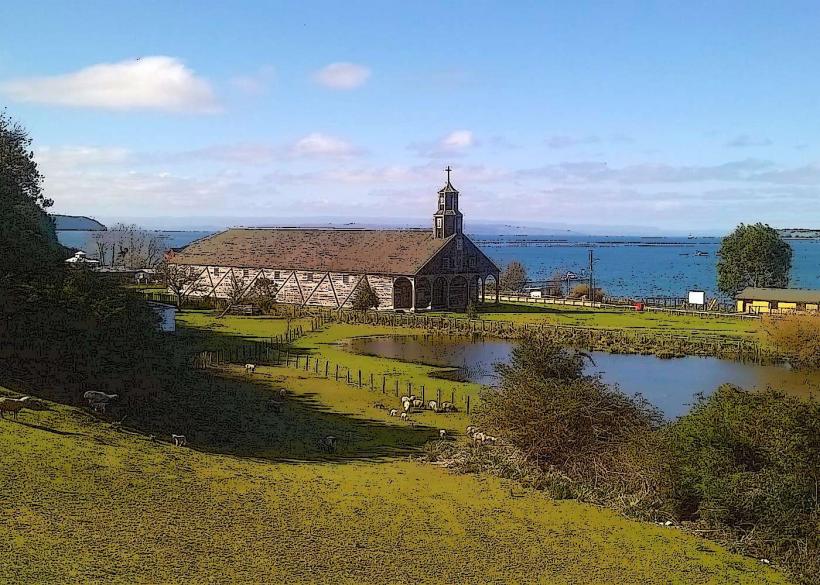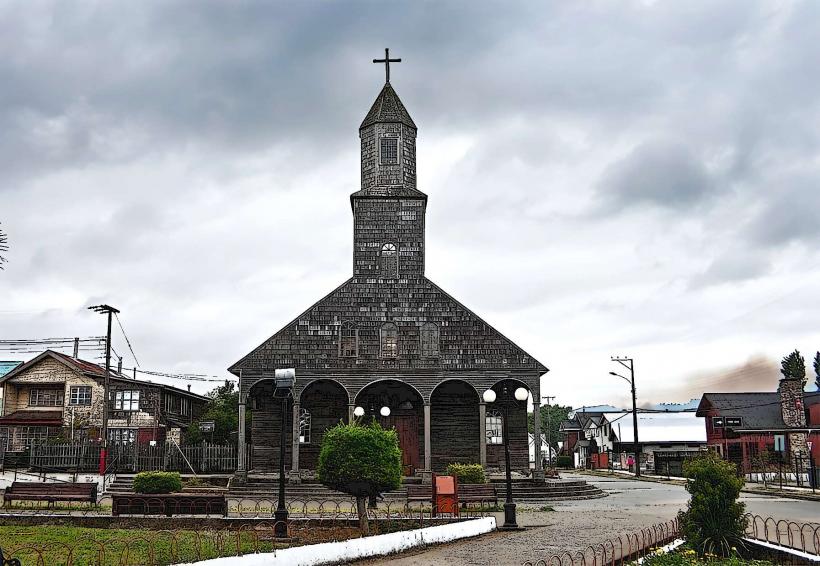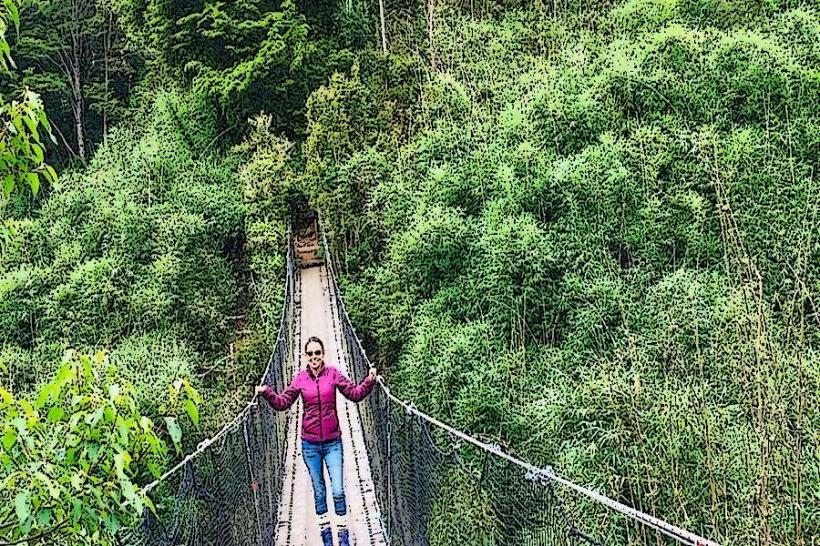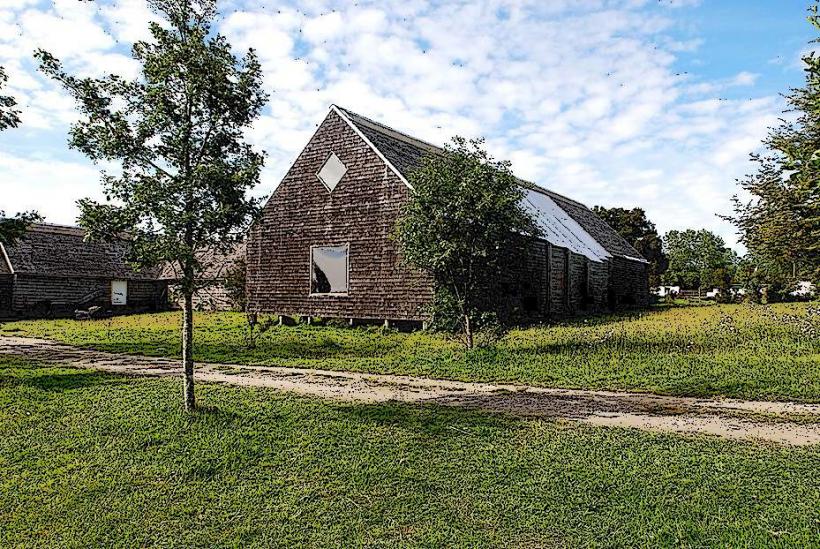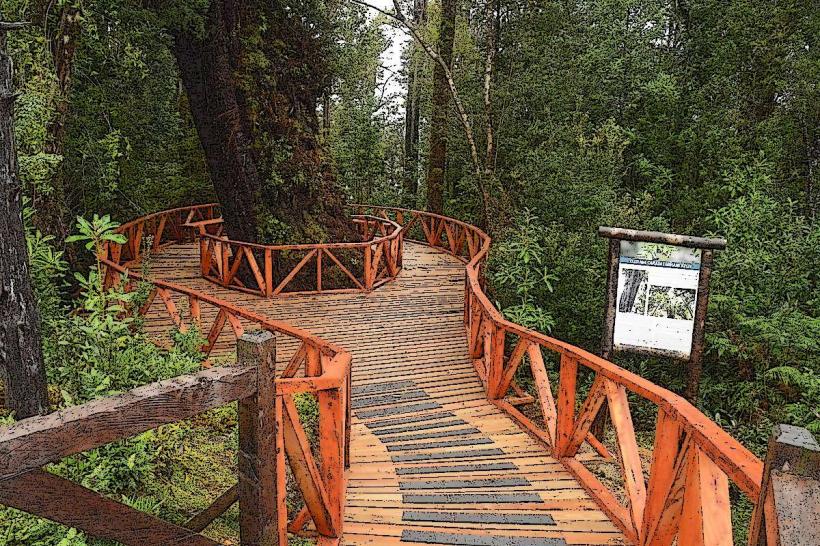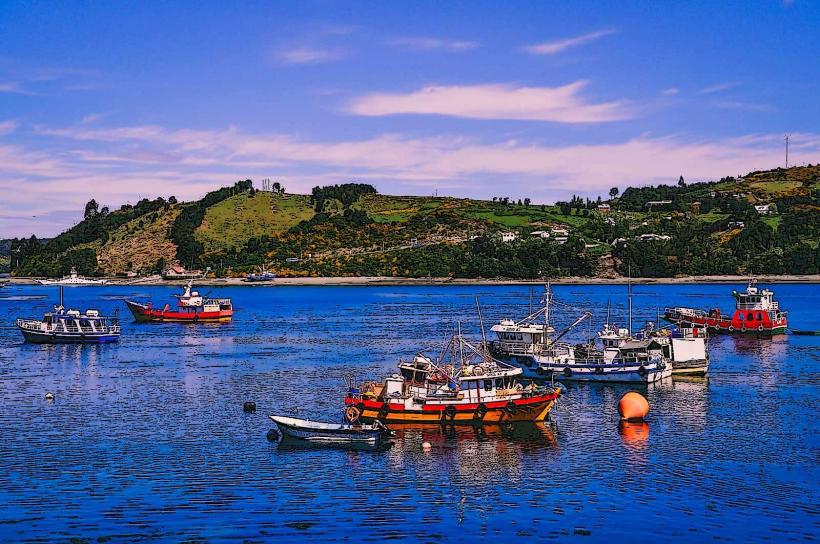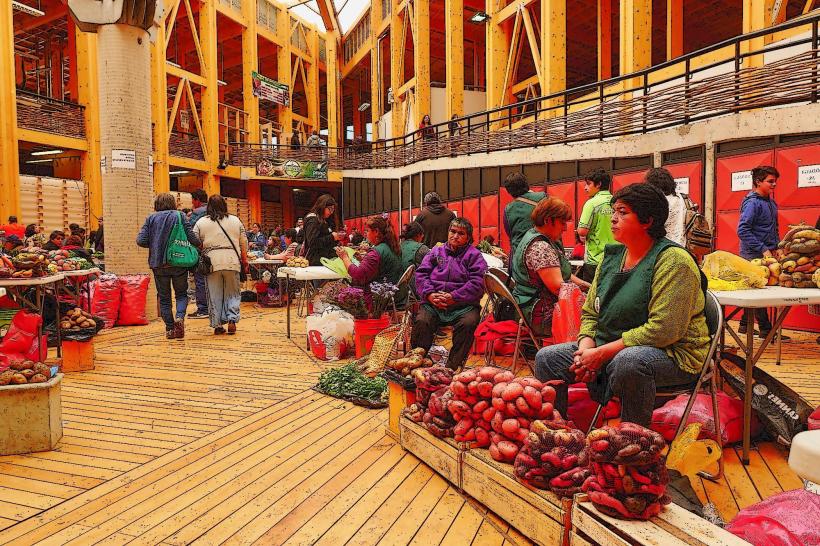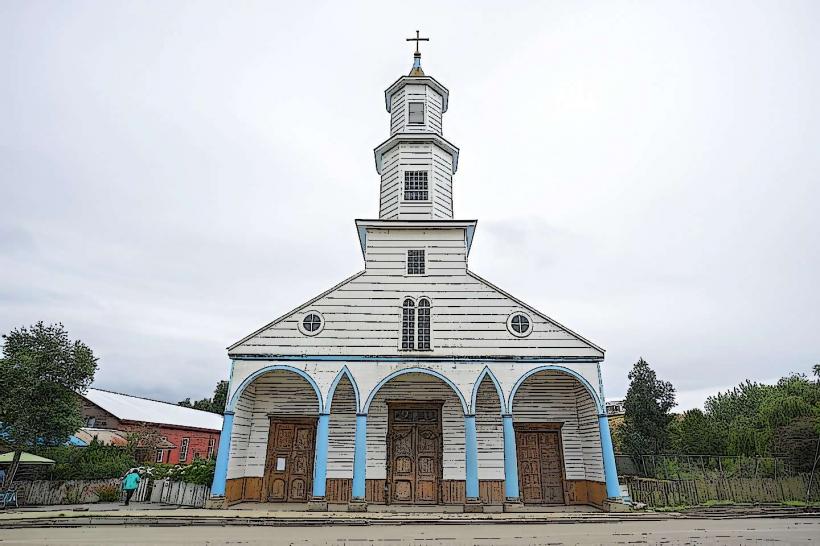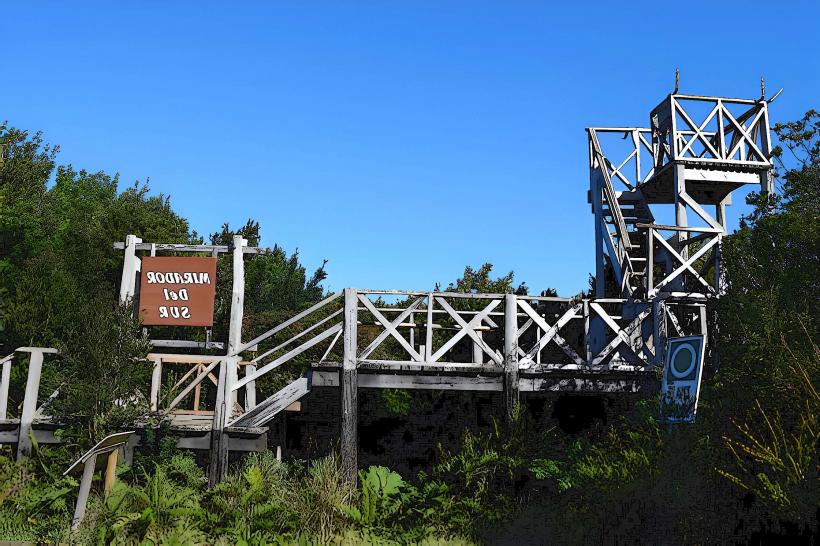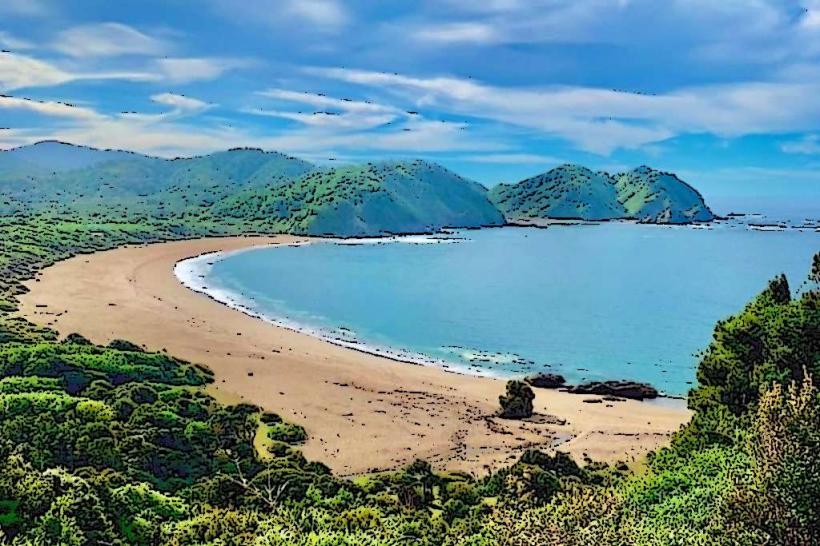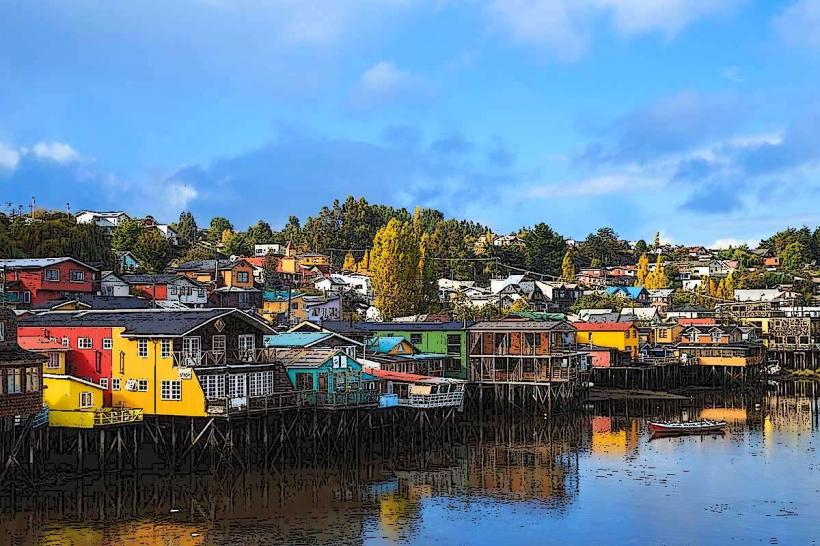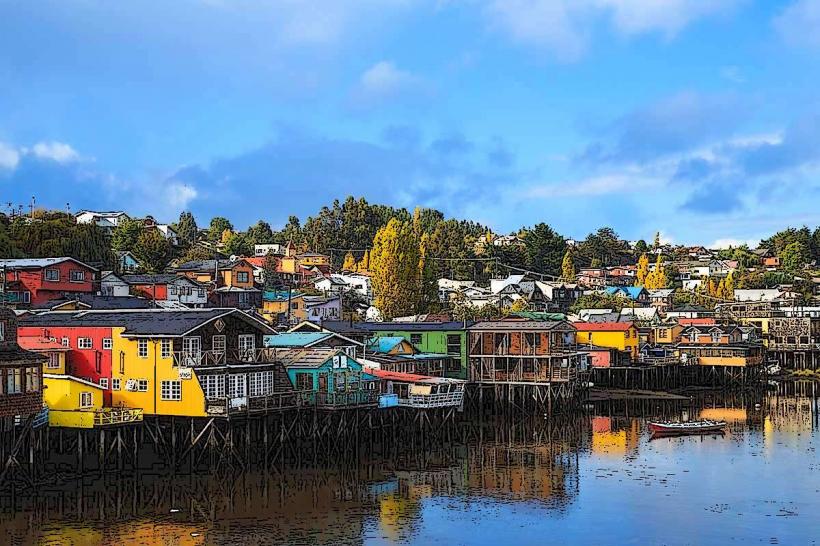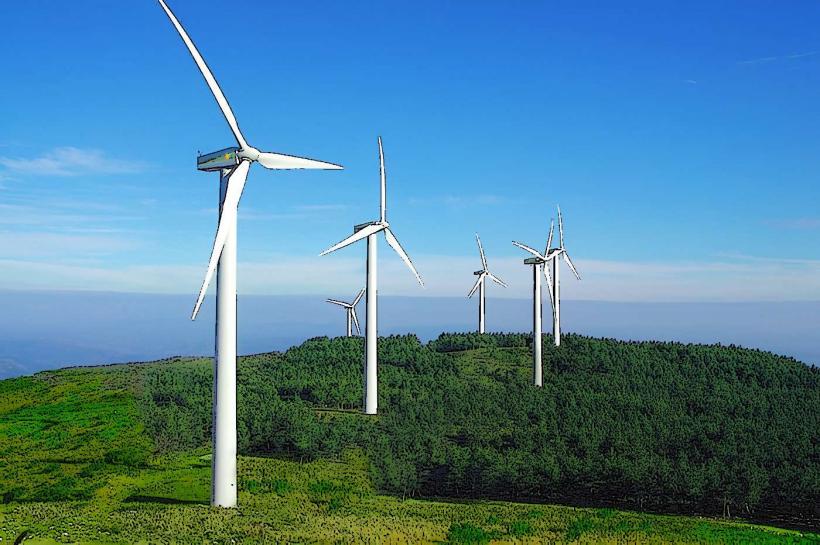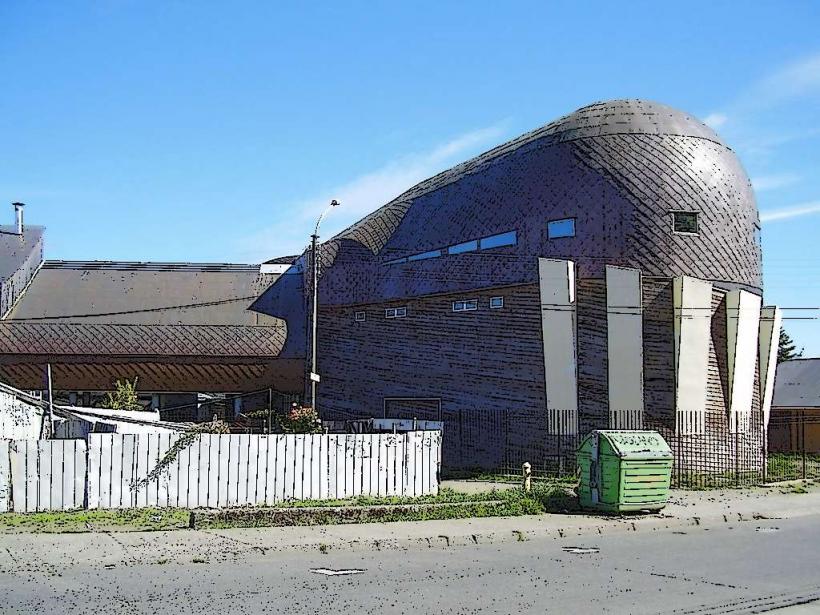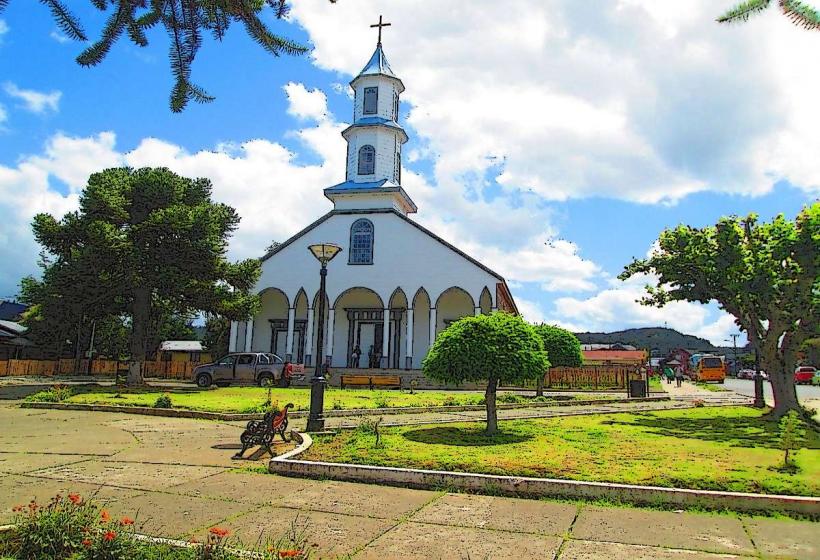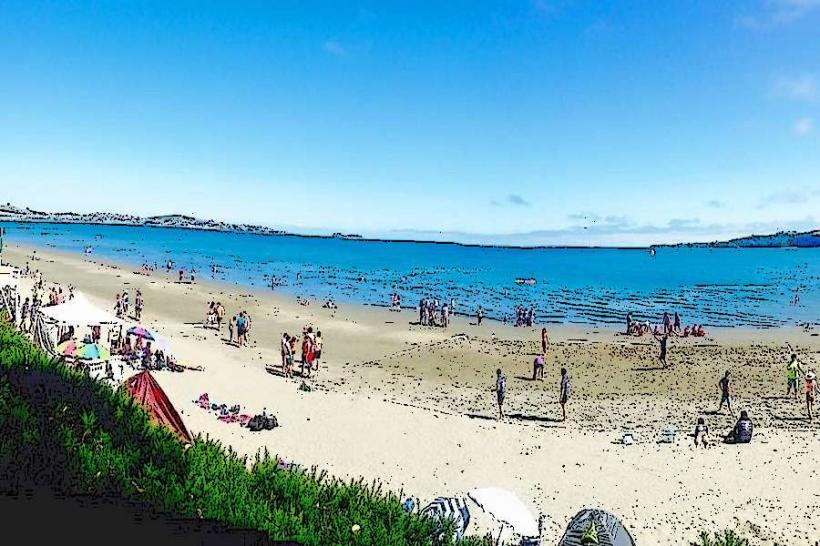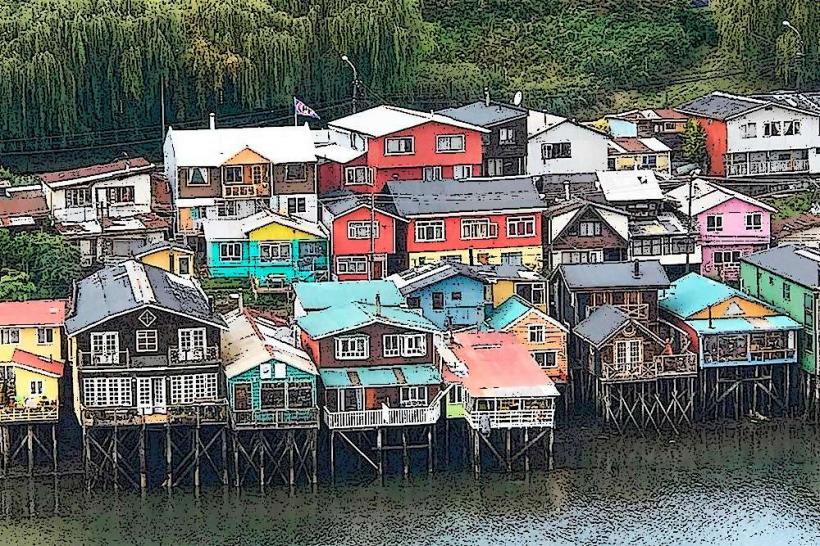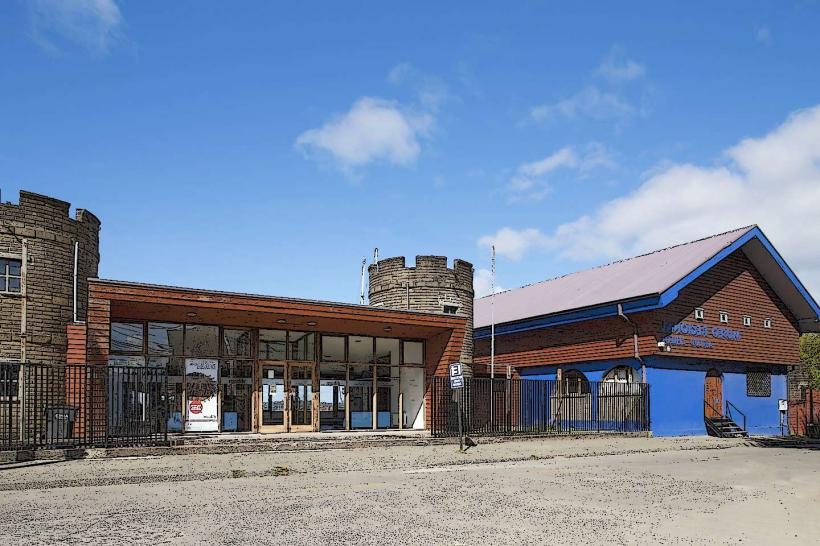Information
Landmark: Puente ChacaoCity: Chiloe
Country: Chile
Continent: South America
Puente Chacao, Chiloe, Chile, South America
Puente Chacao: The Gateway to Chiloé Island
Puente Chacao is a landmark bridge that connects Chiloé Island to mainland Chile. Located at the Chacao Channel, the bridge is an essential piece of infrastructure for the region, providing a direct link between the island and the rest of the country. It is also one of the most significant engineering feats in the country, designed to overcome the natural challenges of the area, such as strong tides and rough waters.
1. Location and Importance
Puente Chacao spans the Chacao Channel, a narrow waterway that separates Chiloé Island from the mainland of Chile, specifically the Aysén Region. The Chacao Channel has historically been a significant geographical feature of the island, and before the bridge, ferry services were the primary means of crossing the channel.
The bridge is located near the town of Chacao on the island's northern tip, which is the point closest to the mainland. Its construction has been crucial for improving access to the island, promoting regional development, tourism, and economic exchange between Chiloé and mainland Chile.
2. Construction and Engineering
The construction of Puente Chacao was a monumental project, designed to meet the challenging conditions of the Chacao Channel, which is known for its strong tidal currents and frequent storms. The bridge was designed to withstand harsh weather conditions, and it serves not only as a transportation route but also as a vital element in the development of the region.
a) Design
The Puente Chacao is a suspension bridge, designed to allow for the safe passage of ships beneath it while providing a stable crossing for vehicles. The bridge is 2.6 kilometers (1.6 miles) long and has a central span of 200 meters, making it one of the longest suspension bridges in Chile.
The design of the bridge accounts for the region's seismic activity, as Chile is located along the Ring of Fire, where earthquakes are frequent. The bridge was designed with earthquake-resistant features to ensure safety in the event of seismic activity.
b) Challenges
The construction faced numerous challenges due to the difficult weather conditions, the channel's tidal forces, and the complex geological terrain. Special consideration had to be given to the environmental impact of the bridge and the region's marine biodiversity, especially the Chacao Channel's marine life.
The project involved extensive planning and collaboration between engineering teams, local authorities, and environmental specialists. It took over 10 years to bring the project from conception to completion, with various delays and modifications made to ensure safety and environmental protection.
3. Strategic Significance
The opening of Puente Chacao in 2022 has had a significant impact on Chiloé Island’s connectivity with mainland Chile. It has improved transportation efficiency, reduced travel time, and fostered economic integration for the region. Before the bridge, residents and visitors had to rely on ferry services, which were often subject to delays and cancellation due to weather conditions.
With the bridge in operation, travel between the island and mainland Chile is now more reliable, benefiting both residents and tourists. The bridge has also paved the way for new economic opportunities, including easier access for goods, services, and tourism.
4. Transportation and Accessibility
Puente Chacao serves as a critical link for vehicular traffic and is the primary route for anyone traveling to or from Chiloé Island. The bridge is designed to accommodate various types of vehicles, including cars, buses, and trucks, which are able to cross the channel without needing to rely on ferry services.
The bridge also accommodates pedestrian traffic, allowing tourists to walk across and enjoy views of the Chacao Channel, the surrounding coastline, and the landscape of Chiloé Island. This accessibility has made it an important feature for visitors exploring the region.
5. Environmental and Ecological Considerations
While the construction of Puente Chacao has brought many benefits, it has also prompted discussions about its environmental impact. The Chacao Channel is home to a variety of marine species, and efforts were made during the construction to minimize the disruption to the marine ecosystem.
The project included measures such as the installation of marine life protection structures to ensure the protection of local wildlife and the preservation of the channel’s delicate ecosystem. Additionally, extensive monitoring continues in order to assess the ongoing effects of the bridge on the environment.
6. Future Prospects
The successful completion of Puente Chacao has brought about major changes in how Chiloé connects with the mainland. Looking ahead, the bridge is expected to:
- Enhance tourism: With easier access, more visitors are likely to visit Chiloé Island, known for its heritage sites, national parks, and unique culture.
- Promote economic growth: Increased trade and the transportation of goods will stimulate the local economy, particularly in sectors such as agriculture, fishing, and construction.
- Improve regional integration: The bridge strengthens the connection between Chiloé and the rest of Chile, improving the integration of the island in national infrastructure development.
7. Conclusion
Puente Chacao stands as a monumental achievement in both engineering and regional development for Chiloé Island. It provides a vital link between the island and mainland Chile, improving accessibility and fostering economic growth. This iconic bridge not only serves as a symbol of progress for the region but also offers visitors the chance to experience the stunning views of the Chacao Channel, one of Chile’s most important natural features.
With its impressive design and significance, Puente Chacao continues to be a vital part of Chiloé’s infrastructure and its connection to the broader national context.

